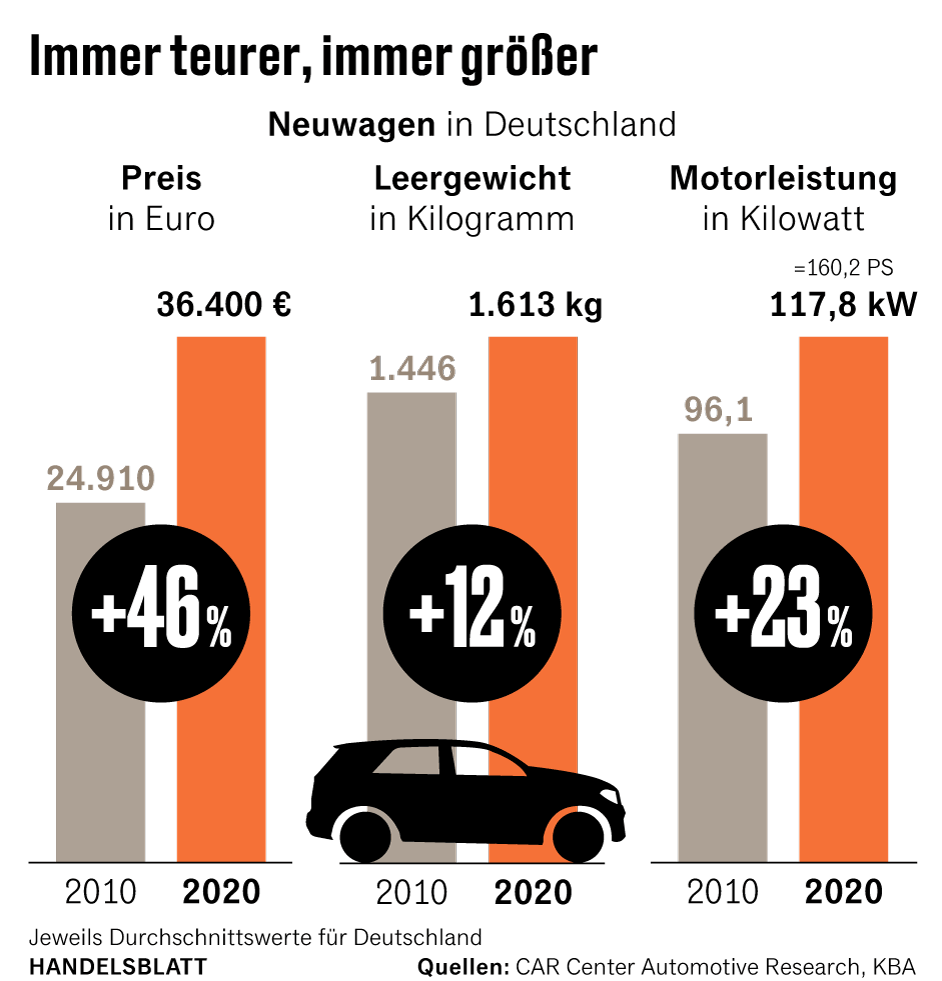Good morning dear readers,
Even in normal times, a German chancellor’s first trip to Washington resembles an inaugural visit to his parents-in-law. It is important to put on a transatlantic face at all times, not to appear cheeky under any circumstances, but also to make it clear in good time: It is not the intention to spend all holidays together on the same campsite in the future. A task that Olaf Scholz has to complete today with US President Joe Biden in particularly difficult times.
“Scholz has gambled away the trust that every chancellor has in the Ukraine crisis to a certain extent”, analyzes my colleague Martin Greive, who accompanies Scholz on the trip to Washington. “Scholz has to dispel any doubts, especially in Washington, that Germany is an unreliable partner. The signals that recently came from the federal government were contradictory, especially on the issue of the Nord Stream 2 Baltic Sea pipeline.”
At the same time, keyword common vacations, Scholz must of course also keep in mind that there are quite different interests between Washington and Berlin in the Ukraine question. In contrast to the USA, Germany is dependent on Russian natural gas supplies, which cannot be replaced in the short term. At the same time, Russia has the necessary currency and other reserves to resist Western sanctions for quite a long time after an invasion, as our foreign policy expert Torsten Riecke analyses.
Top jobs of the day
Find the best jobs now and
be notified by email.
Accordingly, the German government’s need to offer negotiations and symbolic concessions to allow Russian President Vladimir Putin to withdraw his deployed troops face-saving should be urgent. However, not much has been heard from Berlin in this regard either.
The role of cautious mediator is currently more in the hands of French President Emmanuel Macron, who meets Putin in Moscow today and took a cautious step towards Russia in an interview with the “Journal du Dimanche” on Sunday: “The security and sovereignty of Ukraine and any other European nation must not be endangered in any way. At the same time, it is legitimate for Russia to raise the issue of its own security concerns.” You don’t have to be a diplomat to see that the second part of the quote is crucial.
It is a common phenomenon among smokers: Before the check-up at the cardiologist, quickly remove the last pack of quartz – the doctor will probably forbid smoking right away. Insiders report that pastry shops in the vicinity of fasting clinics are also flourishing surprisingly well.
This pattern of behavior translated into the sphere of corporate strategy can be observed in the automotive industry. Somehow you know that the days of heavyweight vehicles bursting with horsepower are coming to an end, if only for reasons of climate protection. But until then you take everything you can with you: Between 2010 and 2020, new cars sold in Germany became significantly more expensive, heavier and more powerful.
(Photo: imago images/sepp spiegl)
And this trend continues. “Larger models are popular. People want to treat themselves to something because of the Covid pandemic,” says Audi boss Markus Duesmann in an interview with the Handelsblatt. After the small car A1, Audi also wants to discontinue the compact SUV Q2, but will develop additional luxury models. Duesmann: “We will limit our range of models downwards and expand upwards.”
Mercedes is pursuing a similar strategy. The Stuttgart paint the compact B-Class and rely more on the S-Class, the luxury offshoot Maybach and the sports subsidiary AMG. BMW has also doubled sales of its top models such as the X7 and the 8 series in the past two years. Even mass manufacturers like Renault and Stellantis want to build more high-priced cars in the future.
Another driver is the acute shortage of semiconductors: From the point of view of corporate logic, it simply makes sense to preferably install the scarce chips in expensive cars, because they bring the most profit per vehicle.
And then there’s Elizabeth II, aka “The Queen,” who celebrated the 70th anniversary of her accession to the throne yesterday. For the anniversary there was a finely formulated statement that made every branding professional’s heart skip a beat.
It started with the simple letterhead – “Sandringham House”, the Queen’s country residence in Norfolk, which is of course not really a house, but a castle. This continued with the casual confirmation of dynastic planning (Charles becomes king, Camilla “Queen Consort”, but only “in the fullness of time”, i.e. rather not as long as Elizabeth is alive). And is carried by a decidedly optimistic tone: “The last seven decades have brought about remarkable social, technological and cultural progress for all of us.” Underneath a simple handwritten “Elizabeth R” – the letter stands for Regina, Queen – the royal work of art is complete .
And she’s right, the Queen: When she ascended the throne, food was still rationed in Great Britain. The current Brexit-related gaps on the Tesco shelves appear much smaller. You just have to choose the observation period long enough, then almost everything develops for the better.
I wish you a day to keep an eye on the long lines.
Her
Christian Rickens
Editor-in-Chief Handelsblatt
You can subscribe to the Morning Briefing here:


